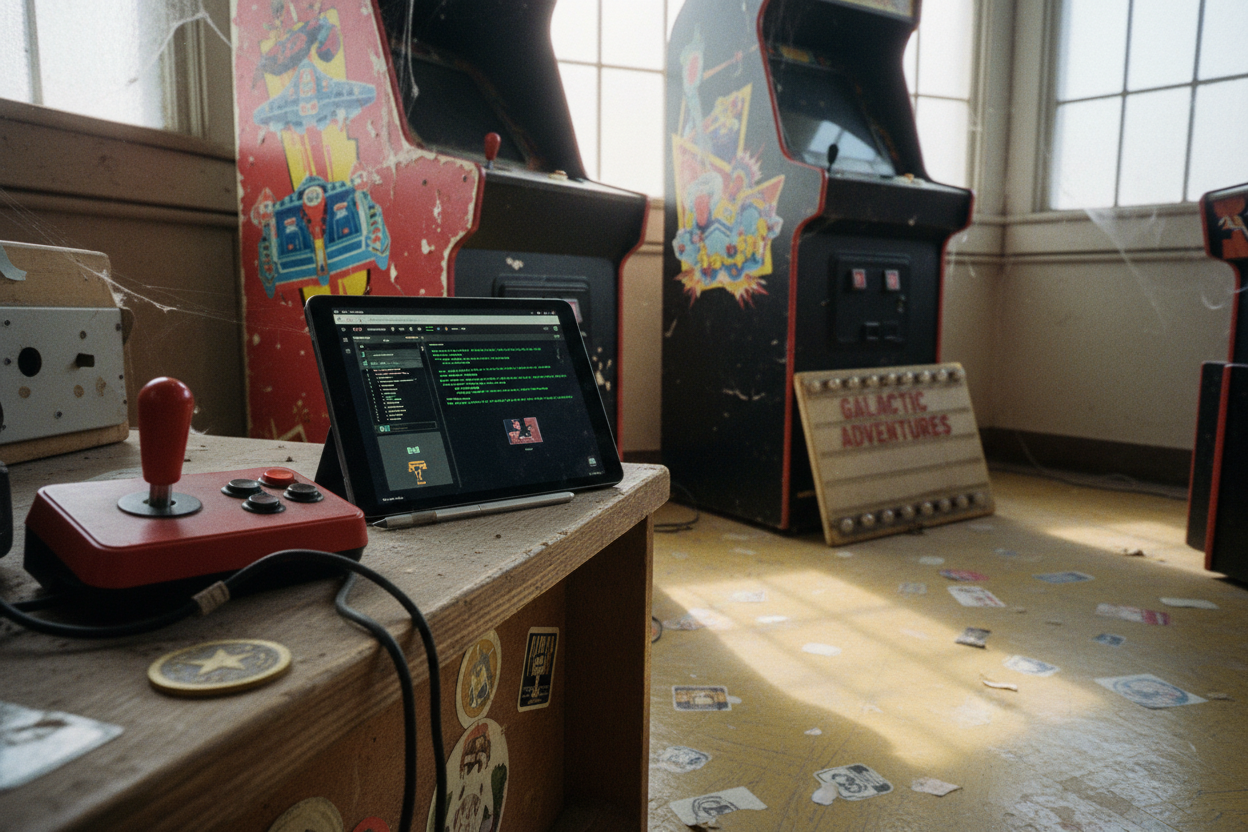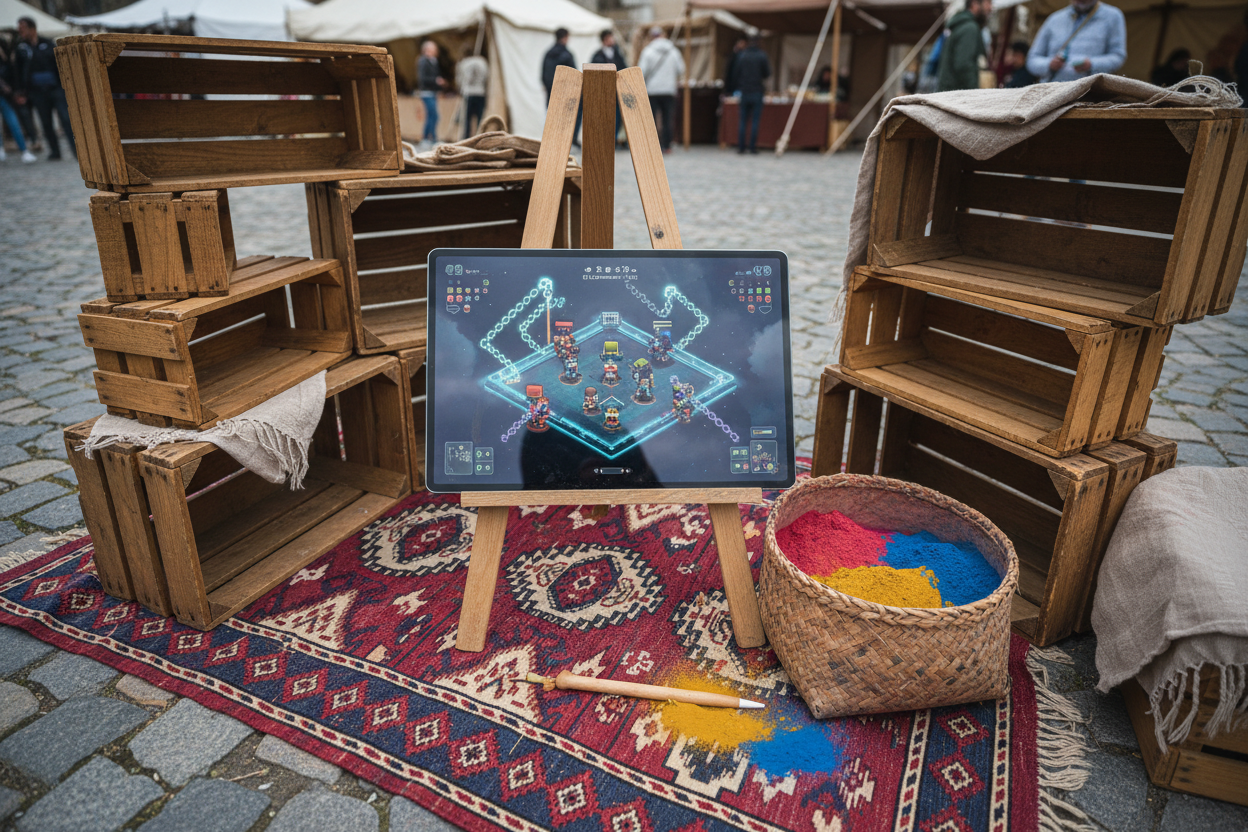How Block Stranding Powers Real-Time, Fully On-Chain MMORPGs on Solana: A Technical Deep Dive

Block Stranding is rewriting the rules for massively multiplayer online games by running every player action directly on the Solana blockchain. As the first fully on-chain MMORPG to achieve real-time execution, it leverages Solana’s high-throughput infrastructure and MagicBlock’s modular game engine to deliver a decentralized experience that is both transparent and persistent. This approach eliminates centralized servers, giving players true ownership over in-game assets and ensuring that the game world evolves openly, with every move recorded as an immutable blockchain transaction.
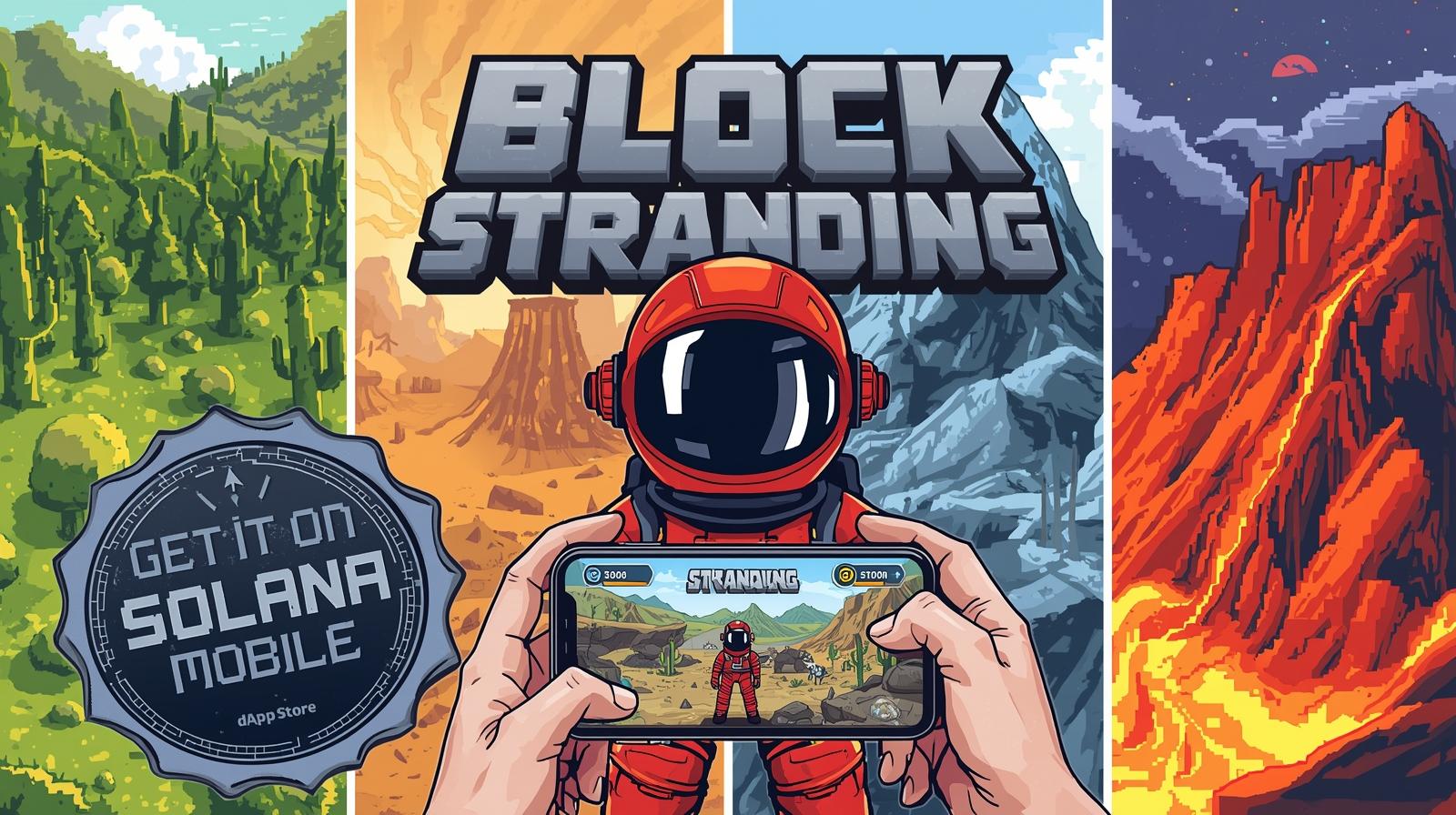
Why Real-Time, Fully On-Chain Gaming Matters
Traditional MMORPGs rely on centralized servers to process player actions and maintain the game state. This architecture creates points of failure, limits transparency, and restricts asset ownership to the publisher’s database. In contrast, Block Stranding executes every movement, battle, and crafting action as a Solana on-chain transaction. This ensures that the game state is public, verifiable, and cannot be manipulated by a central authority. It also means that players hold their game assets in their wallets, with the same security guarantees as any other digital asset on Solana.
Solana’s unique combination of Proof of History (PoH) and the Gulf Stream protocol enables extremely low-latency, high-throughput processing. In a recent stress test, Block Stranding’s infrastructure handled over 200,000 transactions in a single session, simulating a bustling MMO world with AI agents. This test proved that Solana’s architecture can support the demands of real-time, fully on-chain gaming, setting a new benchmark for performance and scalability in the Web3 space.
Inside the MagicBlock Engine: Building Modular On-Chain Worlds
At the heart of Block Stranding’s technical stack is MagicBlock, a framework purpose-built for Solana’s on-chain environment. MagicBlock enables developers to define game logic in modular, upgradeable components that live entirely on-chain. This modularity is crucial for evolving complex game worlds without sacrificing decentralization or requiring disruptive hard forks.
MagicBlock also introduces the concept of Ephemeral Rollups, which allow for temporary aggregation of transactions before final settlement on Solana. This technique helps to manage the intense transaction volume generated by real-time gaming while preserving the core tenets of transparency and security. For a deeper dive into how these rollups are transforming on-chain game performance, see this technical overview.
Key Benefits of MagicBlock for Real-Time On-Chain Games
-
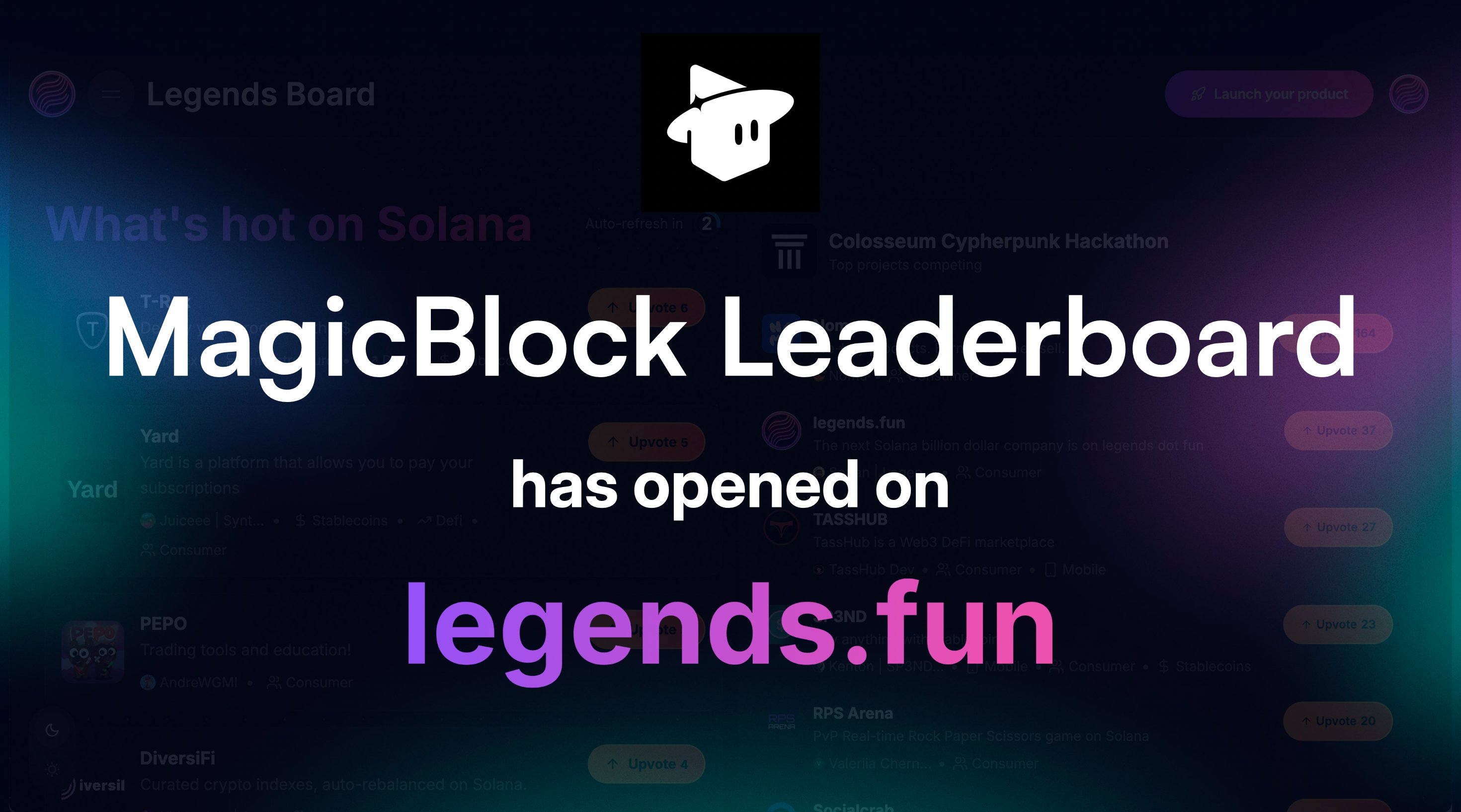
Real-Time, On-Chain Execution: MagicBlock enables every in-game action—such as movement, combat, and crafting—to be processed as a blockchain transaction in real time, ensuring immediacy and transparency for all players.
-
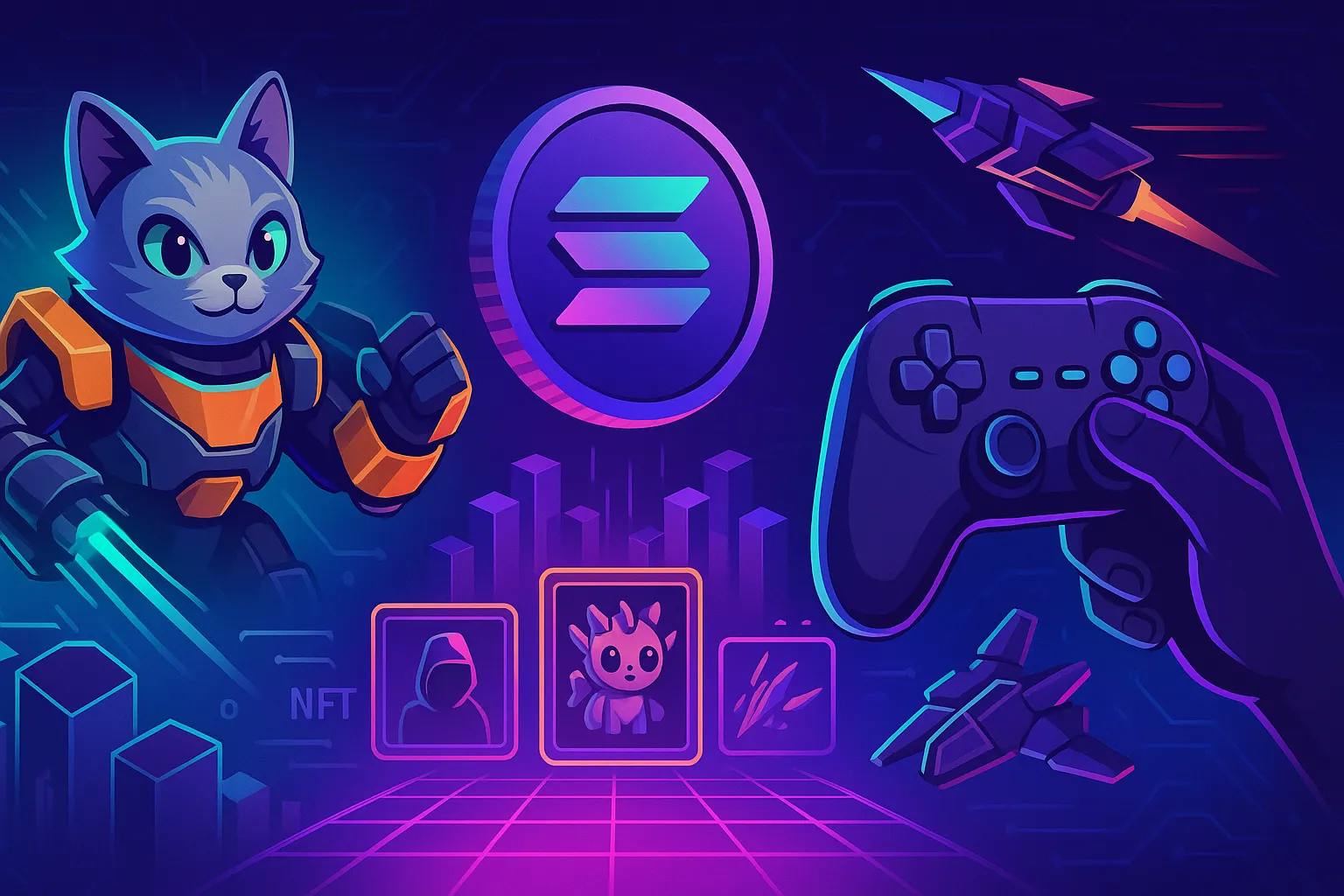
Unstoppable Game Worlds: By leveraging Solana’s decentralized infrastructure, MagicBlock-powered games like Block Stranding operate without centralized servers, delivering censorship resistance and continuous uptime.
-
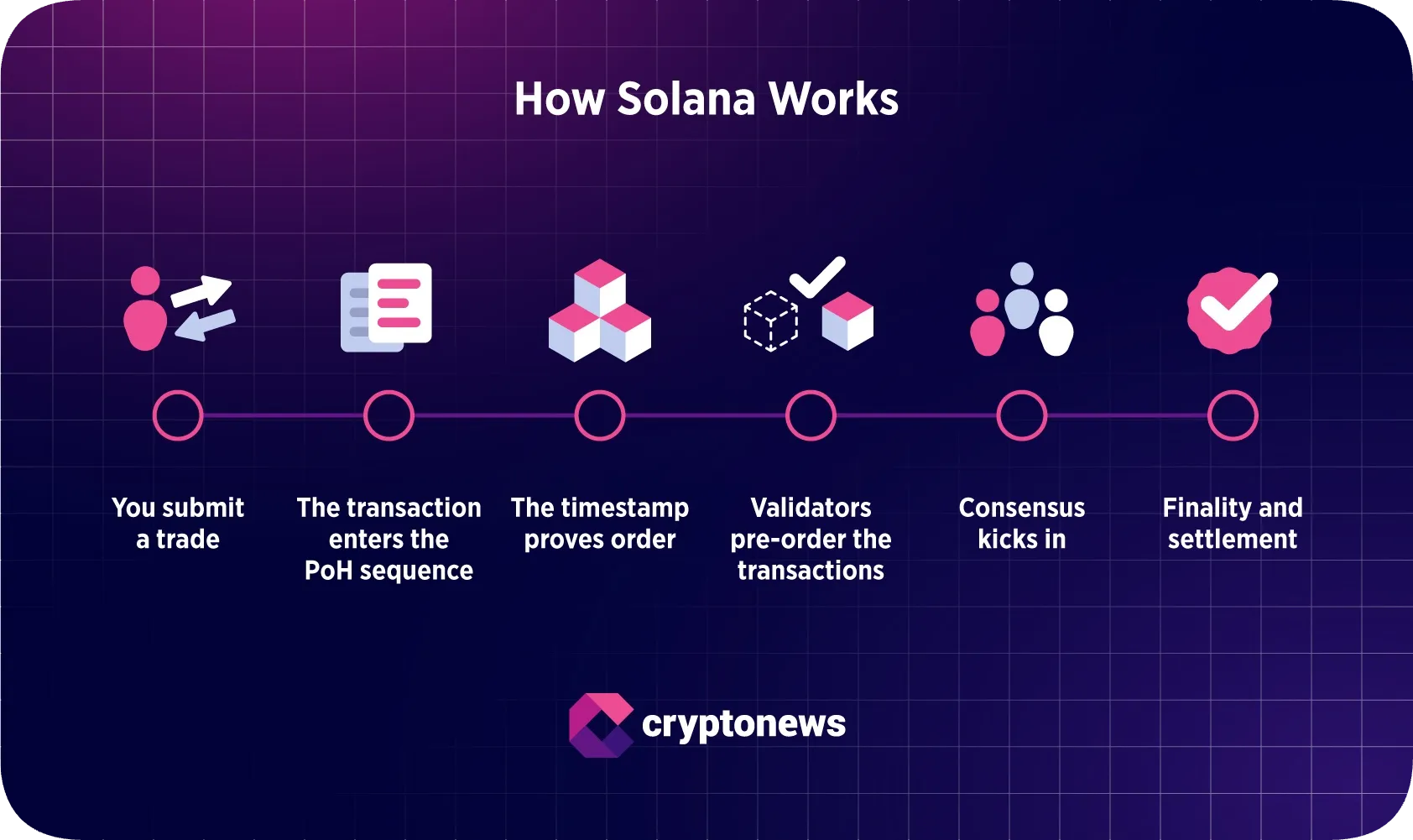
Scalability for Massive Multiplayer Experiences: MagicBlock utilizes Solana’s high throughput and low latency features, such as Proof of History and Gulf Stream, allowing games to handle hundreds of thousands of transactions efficiently—even during large-scale stress tests.
-

True Asset Ownership: All in-game items and assets exist as on-chain tokens, giving players verifiable, secure ownership and the ability to trade or transfer assets freely.
-
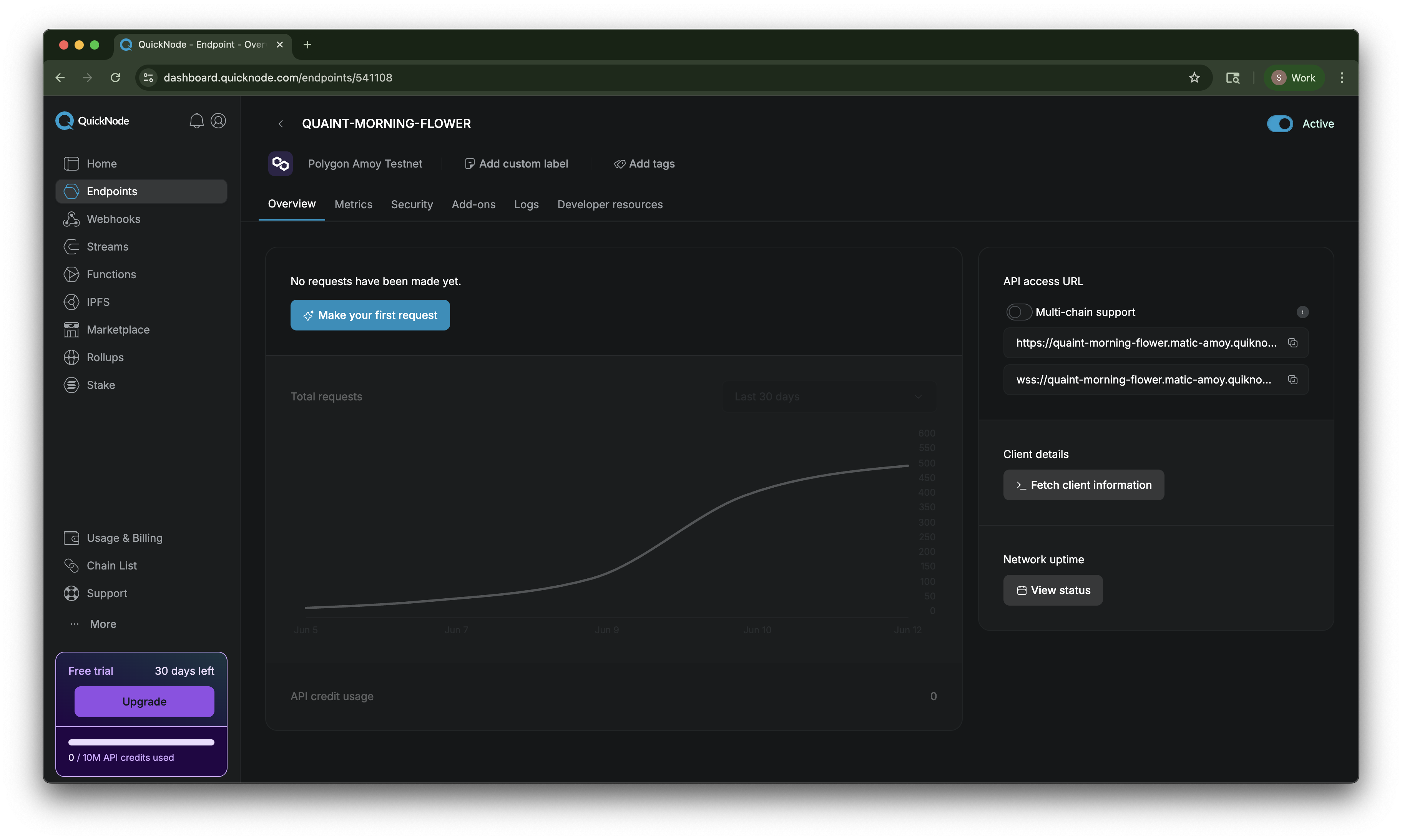
Modular and Upgradeable Game Logic: MagicBlock supports modular, upgradeable smart contracts, making it easier for developers to evolve game mechanics and introduce new features without disrupting the live game.
Solana’s Architecture: The Foundation for Low-Latency, On-Chain MMOs
Block Stranding’s success depends on Solana’s unique architectural features. The Proof of History mechanism timestamps transactions, allowing for rapid ordering and validation. Meanwhile, the Gulf Stream protocol pushes transactions to validators ahead of time, reducing confirmation latency and enabling the kind of snappy responsiveness that players expect from real-time MMORPGs.
These innovations position Solana as a premier platform for low-latency blockchain games, supporting not just Block Stranding but also a new generation of on-chain PVP and open-world experiences. As Solana continues to optimize its core protocols, the possibilities for fully on-chain, player-driven game worlds will only expand.
Beyond pure technical achievement, Block Stranding is making a statement about the future of digital ownership and game governance. By rooting every game action in an immutable ledger, the project grants players unprecedented agency over their assets and the evolving world itself. This isn’t just about NFTs or tokenized loot – it’s about redefining the player’s role from consumer to stakeholder in a living, breathing digital ecosystem.
One of the most compelling outcomes of this on-chain model is the emergence of community-driven economies and governance systems. Players can propose and vote on changes to game mechanics, balancing, or even new content modules – all enforced by transparent smart contracts rather than opaque corporate roadmaps. The result is a persistent world that reflects its community’s values and creativity, not just those of its original developers.
Airdrops, Early Adoption, and On-Chain Game Discovery
The recent Block Stranding airdrop brought further attention to Solana flagship games and their innovative distribution models. Early adopters who engaged with the game’s on-chain systems were rewarded with tokens that not only represent in-game value but also serve as proof of participation in this experimental frontier. This approach rewards engagement over speculation, aligning incentives for both players and builders.
For those looking to explore more fully on-chain MMORPGs or experiment with MagicBlock Solana infrastructure themselves, resources are rapidly expanding. Technical deep dives, developer documentation, and case studies are becoming available for those curious about building or investing in low-latency blockchain games. For an excellent breakdown of real-time world-building techniques used by Block Stranding and similar projects, see this case study.
Top Reasons Fully On-Chain MMORPGs Are Transforming Blockchain Gaming
-
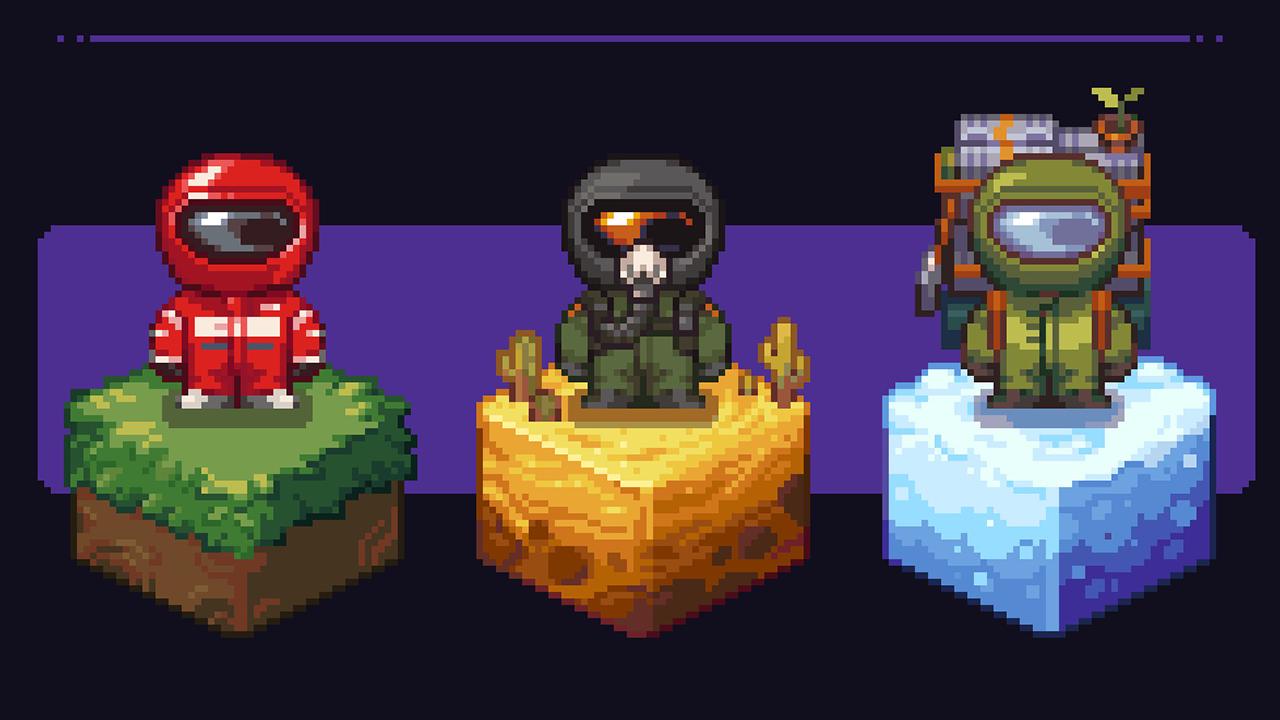
True Ownership of In-Game Assets: Fully on-chain MMORPGs like Block Stranding ensure that all assets—items, currencies, and characters—are represented as on-chain tokens, giving players verifiable, direct control and enabling secure trading without intermediaries.
-
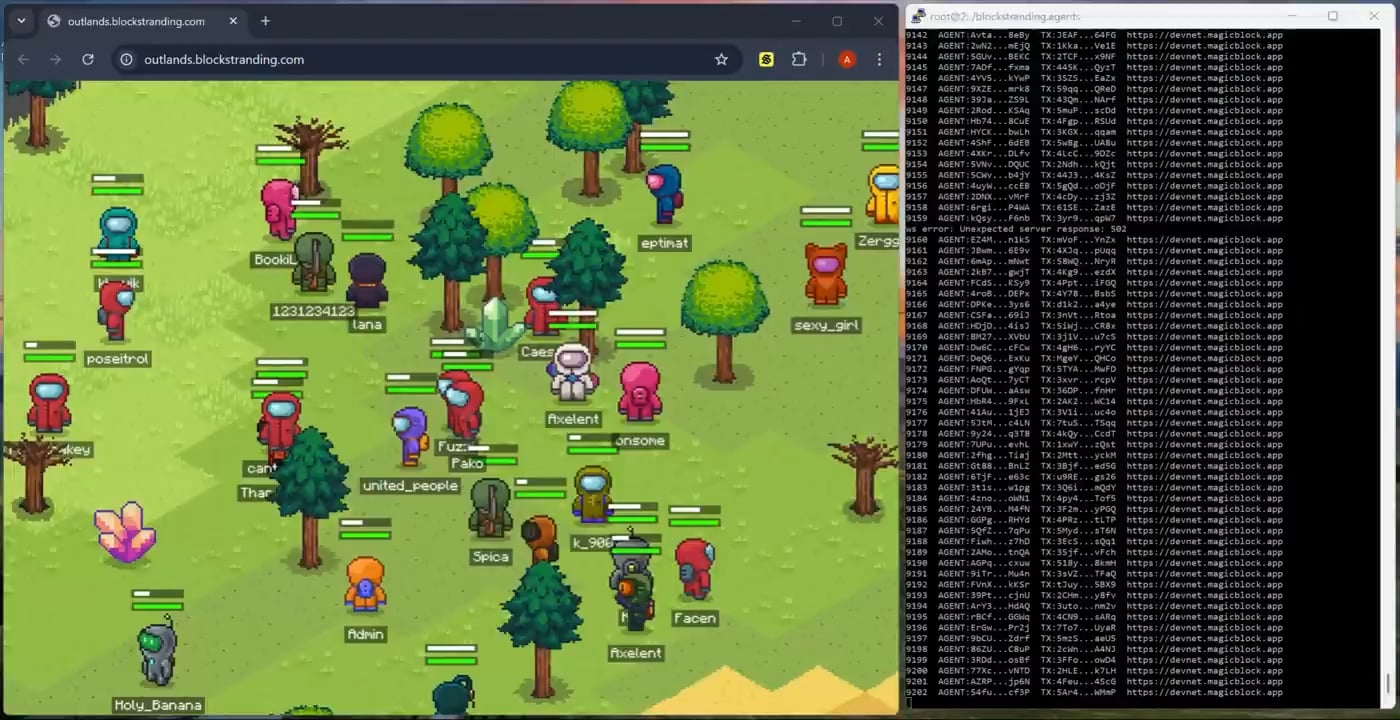
Real-Time, Decentralized Gameplay: Powered by MagicBlock on Solana, every game action—movement, combat, crafting—is processed as a blockchain transaction in real time, eliminating reliance on centralized servers and enabling unstoppable, censorship-resistant gameplay.
-
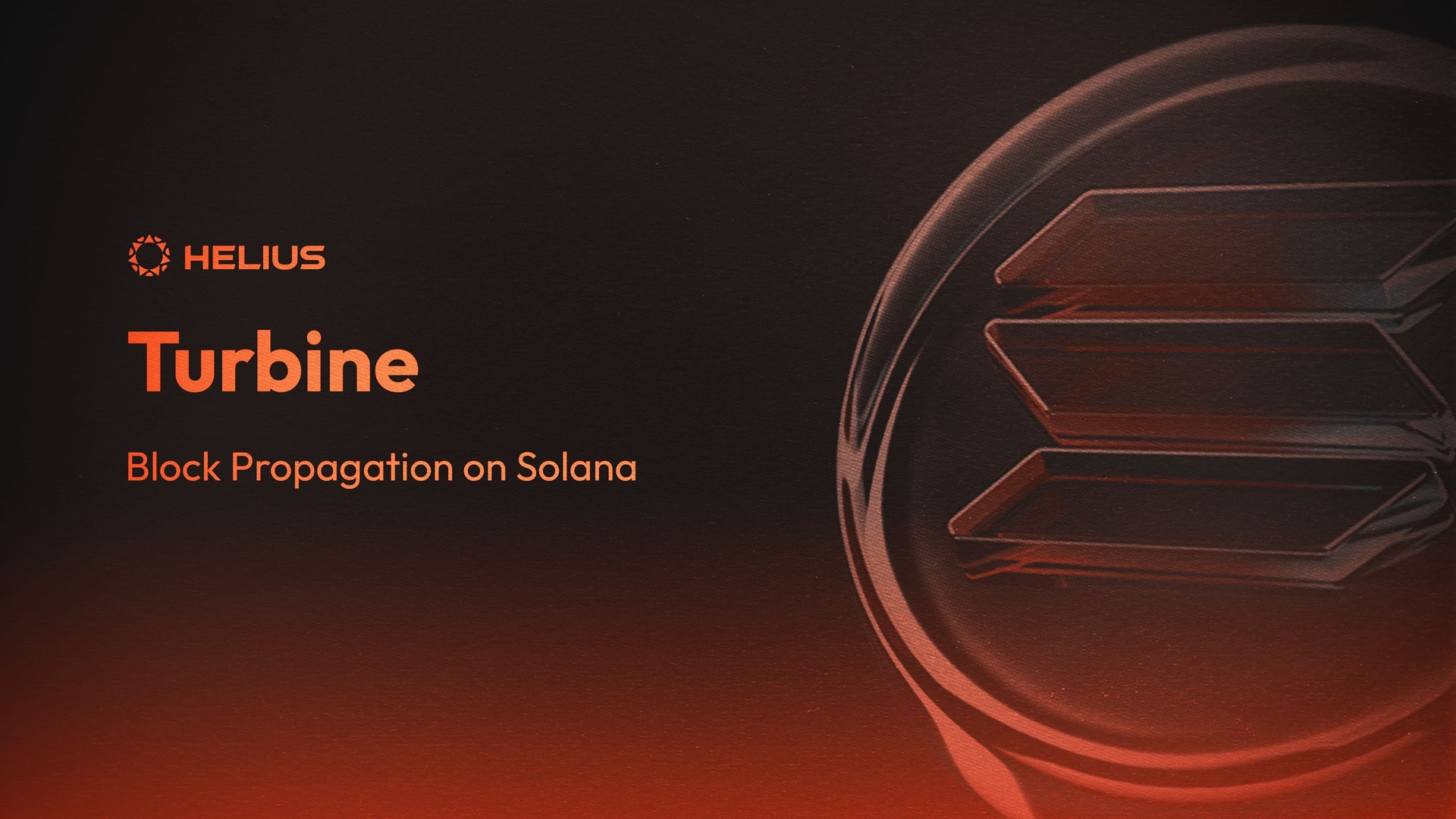
Scalability for Massive Multiplayer Worlds: Leveraging Solana’s high throughput and low latency, Block Stranding recently processed over 200,000 transactions in a single stress test, demonstrating the blockchain’s ability to support large-scale, real-time multiplayer experiences.
-
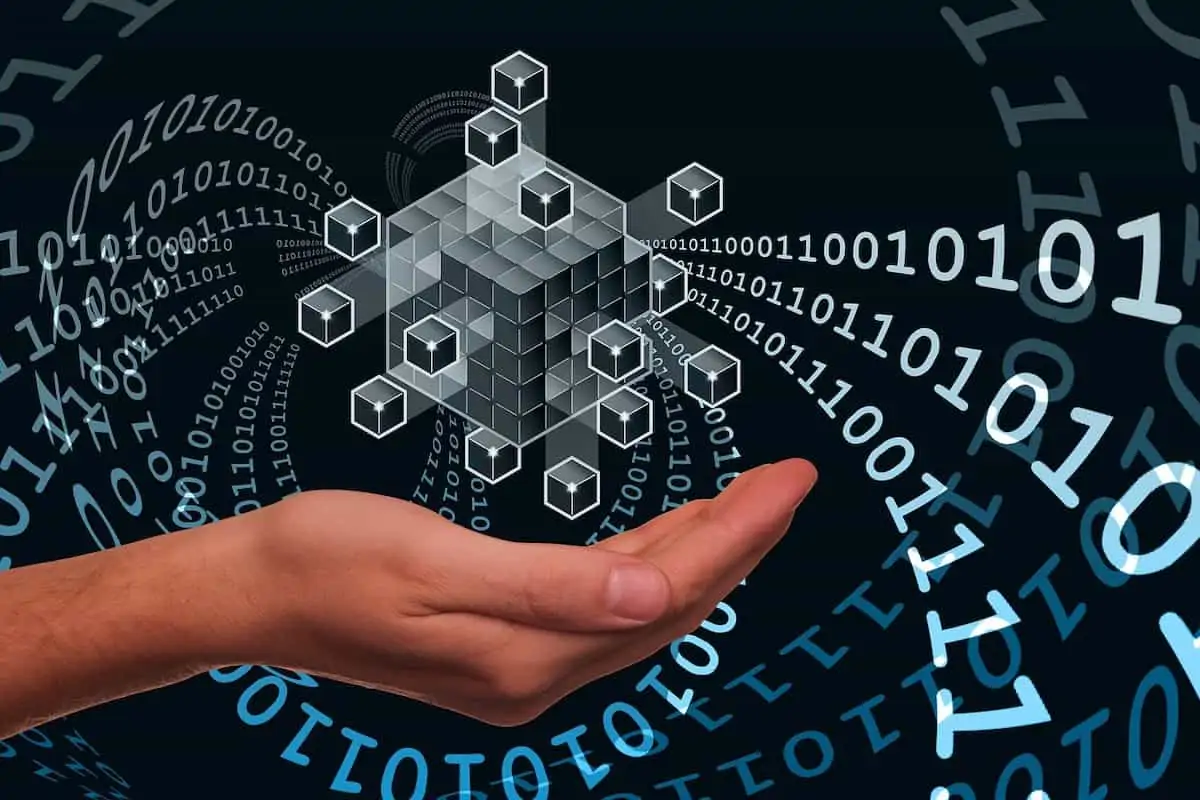
Transparency and Verifiable Fairness: All game logic and player actions are recorded on-chain, ensuring transparent mechanics and enabling players to independently verify outcomes, which builds trust and combats cheating.
-
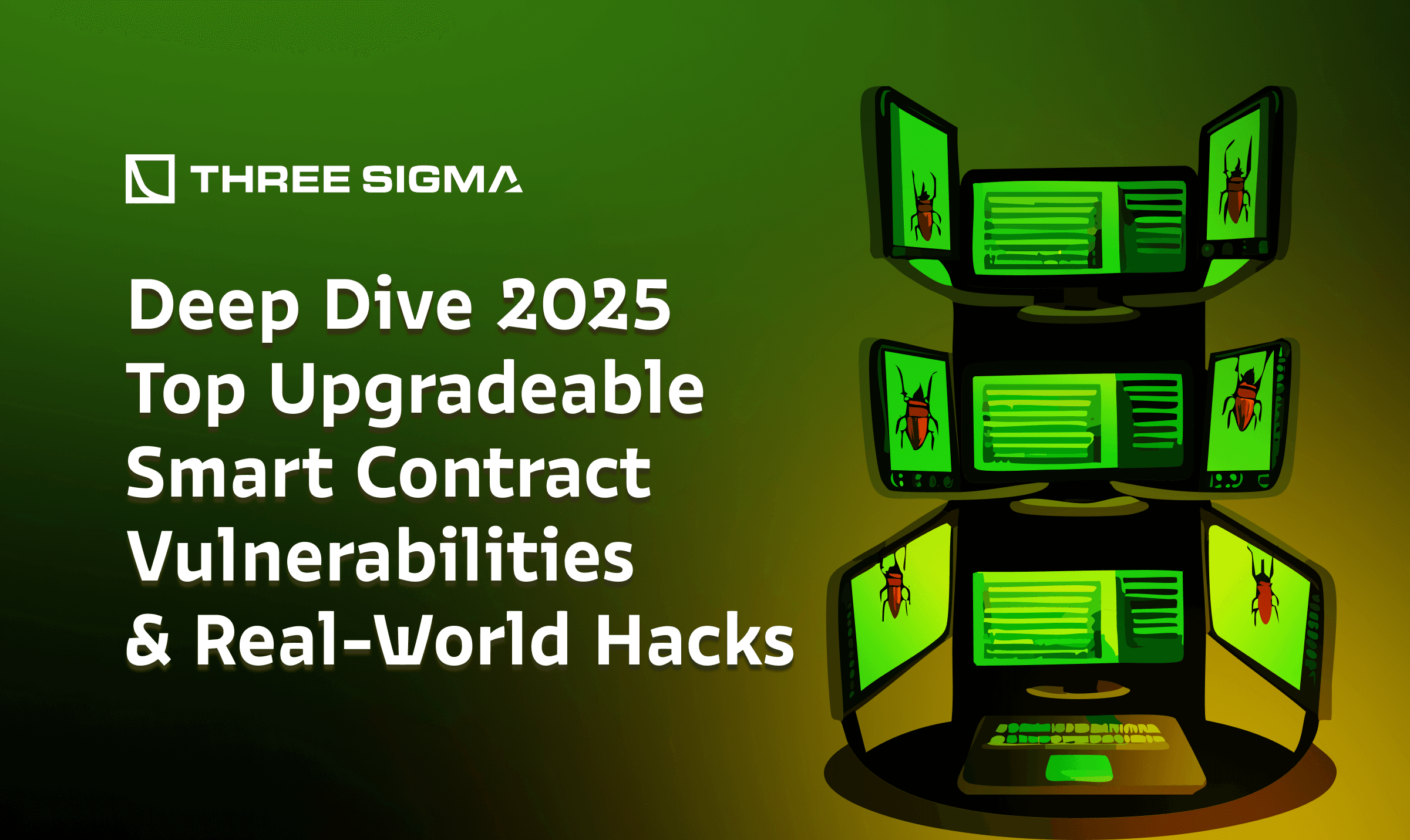
Modular and Upgradeable Game Worlds: The integration of MagicBlock infrastructure allows developers to deploy modular, upgradeable smart contracts, making it possible to evolve game logic and introduce new features without downtime or centralized updates.
-
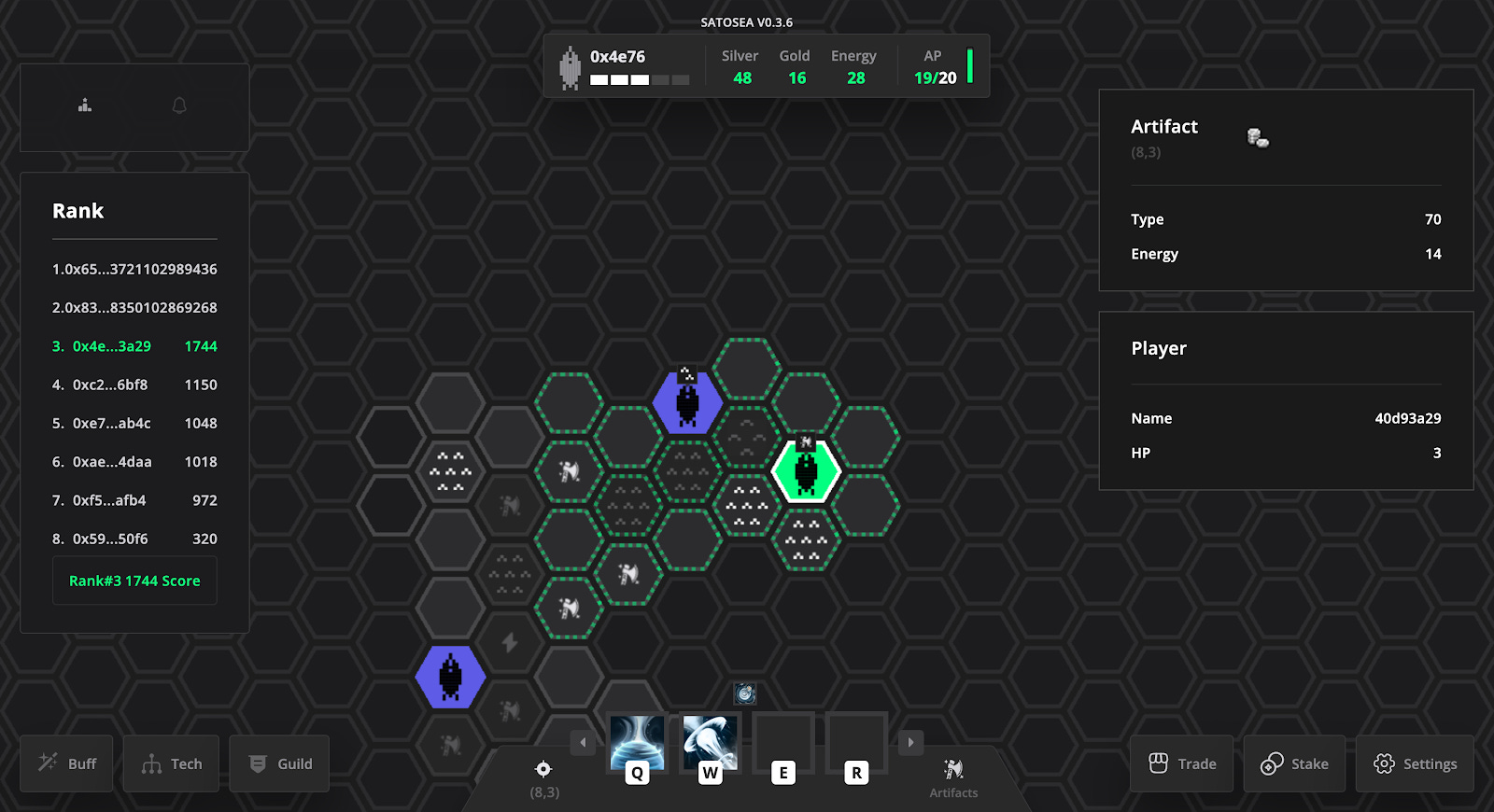
Persistent, Unstoppable Game Universes: With all data and logic on-chain, these games are not dependent on any single company or server, ensuring that game worlds can persist and evolve as long as the blockchain exists.
What’s Next for On-Chain Game Architecture?
The successful stress test – where AI agents simulated thousands of concurrent users with over 200,000 transactions processed seamlessly – has set a new bar for what’s possible in decentralized gaming environments. As Solana continues to refine its throughput and latency optimizations, expect more ambitious on-chain PVP games and open-world experiments to follow.
We’re entering an era where game logic is as unstoppable as any DeFi protocol. This means fewer rug pulls, more transparent economies, and worlds that persist independently of any single studio or server farm. As developers leverage frameworks like MagicBlock to modularize complex systems – from combat engines to player-run marketplaces – we’ll see richer emergent gameplay governed entirely by code and community consensus.
Would you play a fully on-chain MMORPG if you had true ownership of in-game assets?
Block Stranding is pioneering real-time, fully on-chain MMORPGs on Solana, offering players transparency, security, and true asset ownership. With all actions processed directly on-chain and no centralized servers, would this new gaming model appeal to you?
If you’re interested in understanding how ephemeral rollups specifically enable these advances without sacrificing decentralization or performance, read this technical analysis. It covers how transaction batching can support real-time responsiveness while preserving auditability for every action taken in-game.
The implications extend far beyond gaming: Block Stranding’s architecture hints at future decentralized applications where speed meets sovereignty. For now though, it stands as a flagship example of what happens when technical innovation meets creative ambition within the Solana ecosystem.



